5 critical questions businesses must ask, now.
If our experts are to be believed, we will see more change in the next 5 years than we have in the last 40.
Think about that for a minute.
40 years ago, there was no internet. Computers took up a whole room and were rudimentary at best. The carphone craze hadn’t even happened, let alone the cell phone one. In the UK, TV had just 4 channels, and television advertising WAS advertising. People outright-owned physical stuff: be it houses, cars or music. If you wanted to buy something, you went to a shop. If you wanted to send someone something you wrote a letter, or, if you were very forward-thinking, you sent a fax. It was a very, VERY different world.
So, if we’re going to see similar level of change in the next 5 years to that which we’ve seen in the last 40, we’d better be prepared for it. The way we’ve always done things will, quite simply, no longer cut it.
It is, undoubtedly Business Not As Usual.
One thing is very clear: this is not about adapting to a new normal.
At last week’s OxfordSM BNAU event in Amsterdam, we heard from business experts and leaders of some of the world’s most successful organisations, who shared their views and experience on what businesses need to do to grow in this fast-changing world.
Listening to them, one thing is very clear: this is not about adapting to a new normal.
This is revolution, not evolution; having a relentless future-focus, adapting culture, structures and ways of working, and building a better understanding than ever before of your rapidly-changing, increasingly powerful and vocal consumers to ensure you stay relevant.
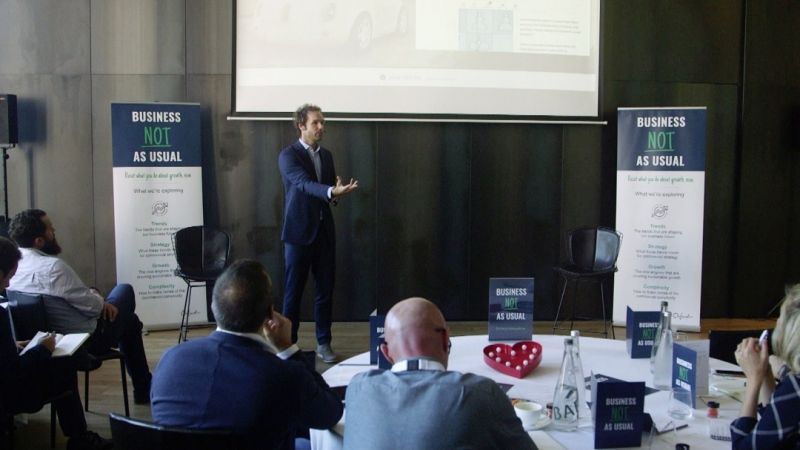
As one speaker summarised:
"Those that fight the trends will fall behind. Those that embrace them will grow"
The most used word of the day was undoubtedly ‘agile’. Once prevalent mainly in tech companies, this expertise-driven, collaborative and focused way of working is now being adopted by more and more CPG companies to aid transformation and deliver faster, smarter products to help them remain competitive. But beyond the language of scrums and sprints are some more fundamental ways that organisations must change to grow in a world of Business Not As Usual.
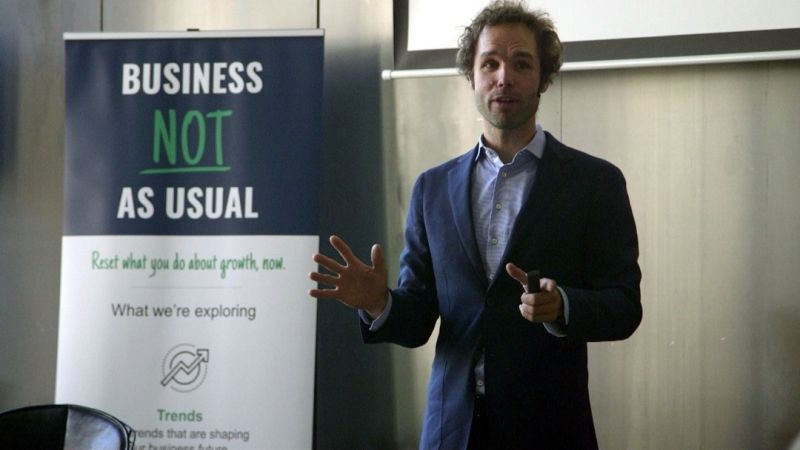
"Business model transformation, not digital transformation…"
There’s no doubt that digital developments will play a crucial role in businesses in the future. Pausing and mindfully considering the digital and technical needs of your business and consumer will ensure you develop the things that work for you, and not just do digital for the sake of it. One piece of digital innovation we discussed (and already in use by multiple businesses in the room) was on-demand video interviewing, in which Artificial Intelligence defines questions and analyses answers, meaning the candidates can be interviewed when and where they like.
This has led to a higher number of candidates, attracted by the flexibility of the application process, but significantly faster first round recruitment, and is leading to higher quality and more diverse candidates coming through the process.
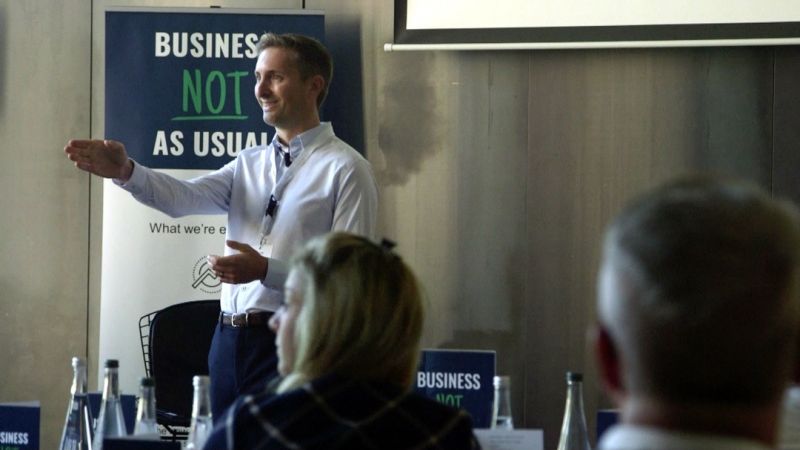
But more fundamental than digital transformation is how business models themselves will be transformed. As the world changes, playbooks need to be rewritten, and structures, processes, strategies and targets must be forward-thinking and firmly focused on delivering future growth. Businesses that only consider innovating into adjacent areas are shackling themselves: if they’d had this attitude, Amazon would still be a bookshop.
We heard how a global soft drinks company has rewritten their approach to innovation, harnessing external talent by encouraging small teams to compete to win a modest $20k budget and a 6 month timeline in which to hothouse ideas. Risky? Yes. But it’s change like this that is needed to survive.
"Creating a cross-functional team from the start was our biggest factor for success"
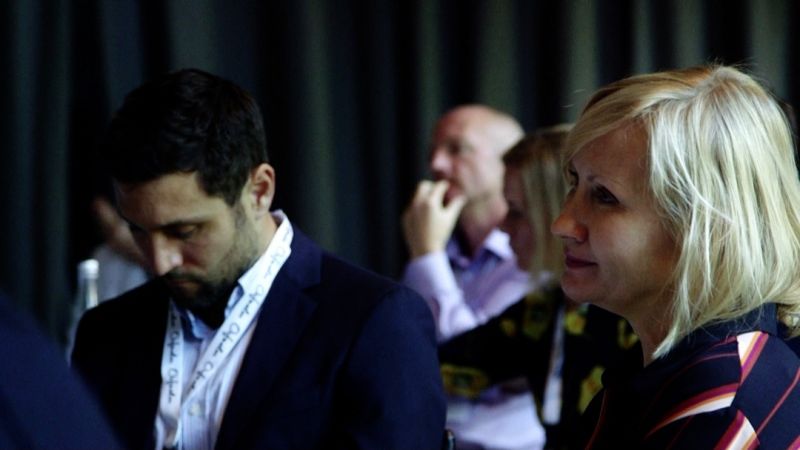
Regardless of business or sector, one consistent approach came out from all the speakers – and this was the importance of creating and empowering teams of experts in place of functional silos. Gone are the days of rigid sales and marketing functions, and in their place are multi-functional teams with a sole focus on delivering growth. We heard from a telecoms company that has replaced its Head of Marketing with a Head of Sales with a Commercial Marketing head, and has joined up its Marketing Insights and Customer Data teams into one Commercial Insight function.
This cross-functional thinking has many benefits: it means you consider all points of view from the start, getting more rounded inputs and, crucially, having the inevitable ‘tough’ conversations earlier. And it aligns teams behind the same goal, strategy, and even language – creating a much more joined-up business.
"Most companies have good ideas; very few can execute them quickly"
In a world where for $50k you can create a brand, develop a website, source and launch a product, the oil tanker-esque innovation processes of many big business cannot keep up.
The fact that Amazon Prime Now went from idea to first delivery in 180 days is well documented; less well known is the fact that their warehouse is on the 9th floor of Amazon’s Manhattan-based office, complete with rents that would simply never make sense in a business case. Yet this decision was what allowed them to launch so quickly, and gave them such unique proximity to their consumers.
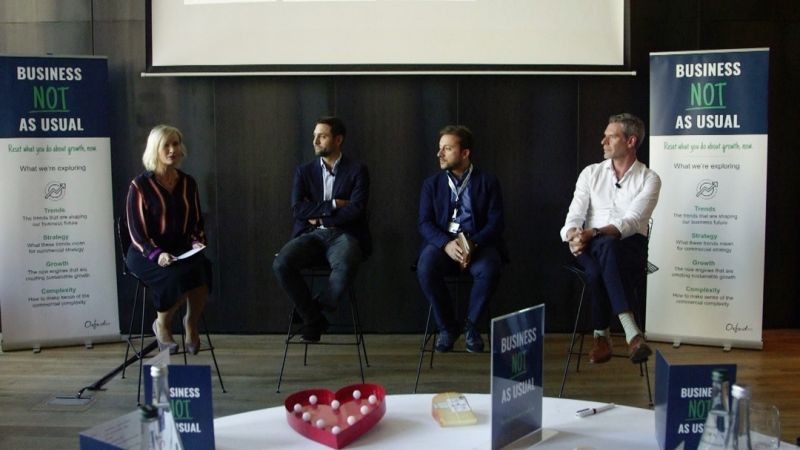
Finding brave new ways to be faster, more responsive and more intuitive is critical. A global brewing giant talked about how they have created off-shoots with a start-up approach: free of the bureaucracy and process of their parent business.
They are empowered to behave like craft beer companies and retain the independent authenticity which drew consumers in the first place. Listening to the speaker it was clear this was way outside the comfort zone of their ‘usual’ business – and yet was the stuff that was making the difference, to mindset as well as output.
"Just try stuff"
A key theme that emerged is experimentation
A key theme that emerged, closely linked to speed, is that of experimentation. We heard of companies adopting a Minimal Viable Product (MVP) approach, launching in a channel that doesn’t rely on high volumes or distribution fees; mindfully testing, learning and adapting. By accepting risk and placing a value on experimentation and failure as key future learnings, businesses can iterate to create products that are really wanted.
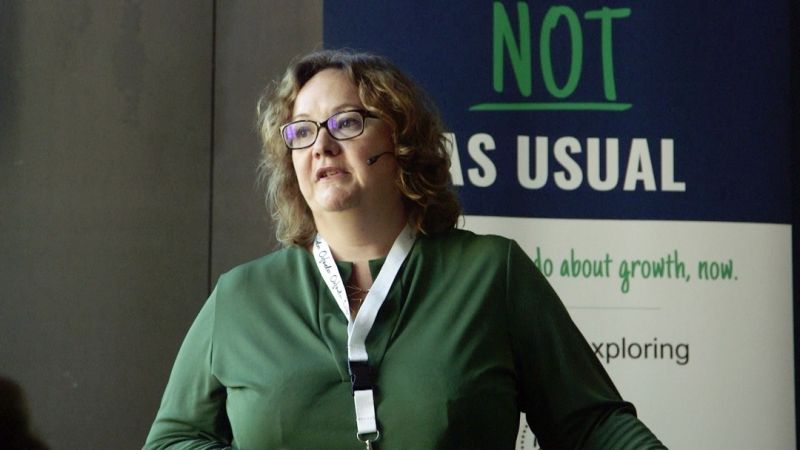
And this means financial risk as well: we discussed Dollar Shave Club, and the failure of the big businesses in that sector to predict the scale of the subscription platform. They had the insight, they had the idea, but they were shackled by the payback of the short-term business case, which gave someone else the chance to get in there (very successfully) first.
But we also heard about the importance of giving things time: the world works fast but not instantly, so businesses must be clear about when they will judge something a success or otherwise. Rome still wouldn’t be built in a day.
"Understand what you don’t know, and hire talent that does"
The generational gap between senior business leaders and their Gen Y / millennial consumers (and teams) is bigger than it ever has been before.
Attitudes, values and influences have changed beyond recognition, and the best companies are realising this and adapting their offering. We heard how Vice Media, owners of MTV, carried out a piece of research which revealed that the ‘passion points’ of its Gen Y consumers were almost all environmental and social issues, yet their content was still almost entirely music-based and didn’t reflect how interests had evolved. Overnight, they changed their strategy, developing new content in the areas that really meant something to their consumers. Vice Media’s valuation has grown six-fold since.
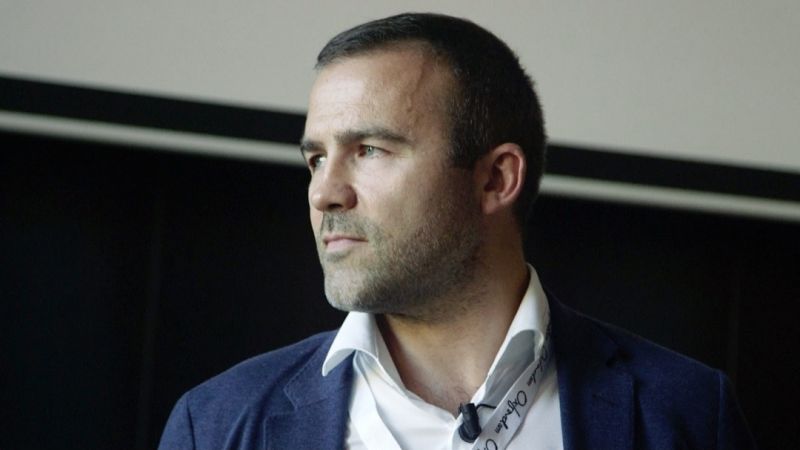
The very best companies are going a step further – evolving their workforce to ensure that these views and ‘passion points’ are represented from the inside out, recruiting talent that can help to fill this crucial generational gap.
As one speaker put it, there is no such thing as mature markets, just mature mindsets.
"Trust is at an all-time low"
The amount of data and misinformation in today’s world has had a huge impact on consumer trust, and in turn on their behaviour. The value consumers place on the experience of ‘people like me’ is higher than ever before, with 80-90% of people trusting online reviews.
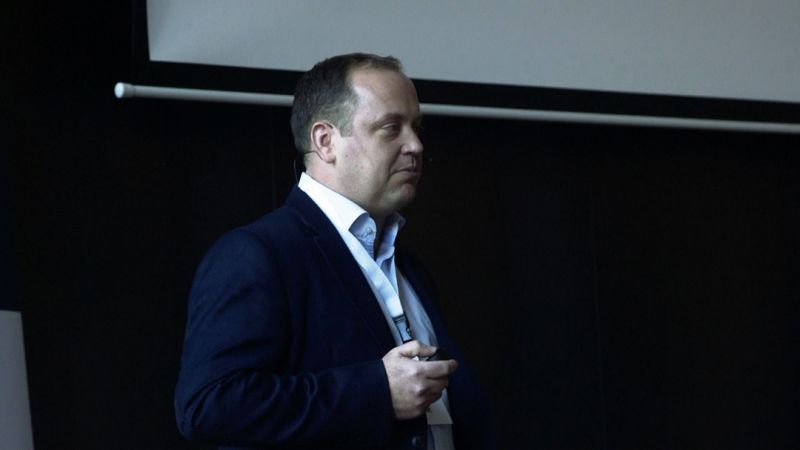
This is both an opportunity and a challenge for brands: get consumers to like you, trust and talk positively about you, and growth should follow. Get on the wrong side of them, and the impact can be huge (think Volkswagen and emissions and you’ll soon get the idea). Understanding your consumers has always been important, but the significance today of the relationship they have with your brand means that really knowing what drives them is more vital than ever.
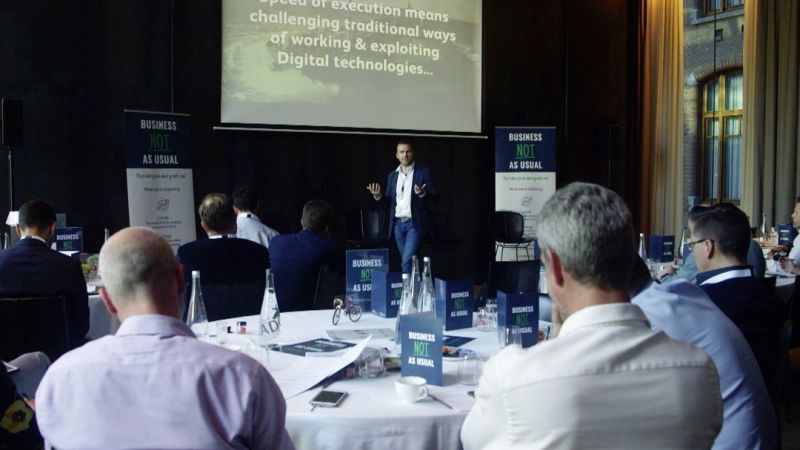
First build your values in your own workforce
Key to building trust is authenticity, a hugely important attribute for younger generations. If consumers view you as a ‘bandwagon-jumper’, doing something which doesn’t feel true to the brand, they will see through it and this could cause real damage. Instead, we heard about the importance of first building your values in your own workforce, ensuring that your people live and feel your propositions, before trying to sell it to customers – the results, as we heard from the retailer who had used this approach to land its health agenda – are more genuine, long-lasting and impactful.
"The companies that will grow are those that embrace experience"
Delivering consistent, memorable experiences is crucial.
In light of the importance of creating trust and talkability with consumers, many speakers talked about the value of delivering consumer experience alongside product, especially with younger generations.
We heard of the wooden surfboard company who insist on connecting with consumers before they make the purchase, to ensure what they’re buying is right for them. And the international shoe retailer with a differentiated, unique culture which extends from the way they treat their people, through to their customer service, and is so well known they now train other companies in how to do it.
Delivering consistent, memorable experiences is crucial to engaging customers; do it well and they will be ambassadors for your brand.
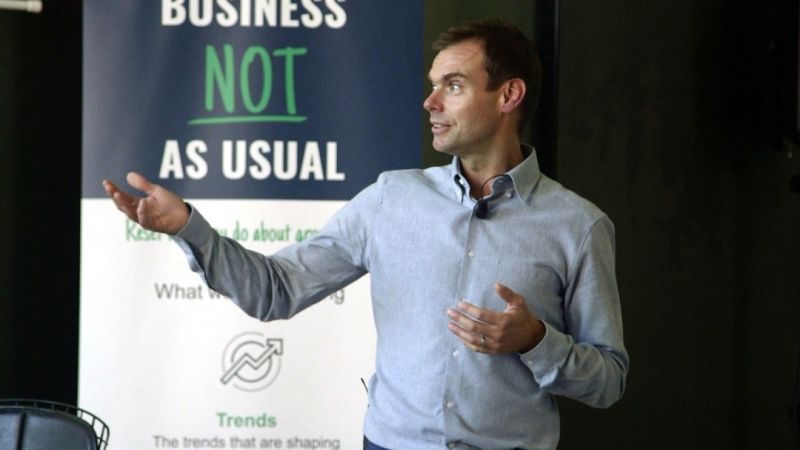
So, in summary, from everything we heard in Amsterdam, to be alive and kicking in 5 years, organisations really do need to be doing Business Not As Usual.
These are the 5 key questions companies should ask themselves now:
- Does your company culture value risk, bravery and experimentalism?
- Does your company structure and way of working enable multi-functional, fast, intuitive-driven responses?
- Is your business representative of the world in which you operate - do you live your values internally, and are your consumers present in your workforce?
- Do you really, truly understand your consumers, shopper, patients and their values and influences, and the role your brand (and your competitors) plays in their lives?
- Do you place enough focus on the experience of your consumers, shoppers and customers as they get to know, buy and use your brand?
We’d love to know what you think. Please let us know in the comments below, or get in touch.
Share this
You May Also Like
These Related Stories

Shopper Marketing | Is shopper marketing dead?
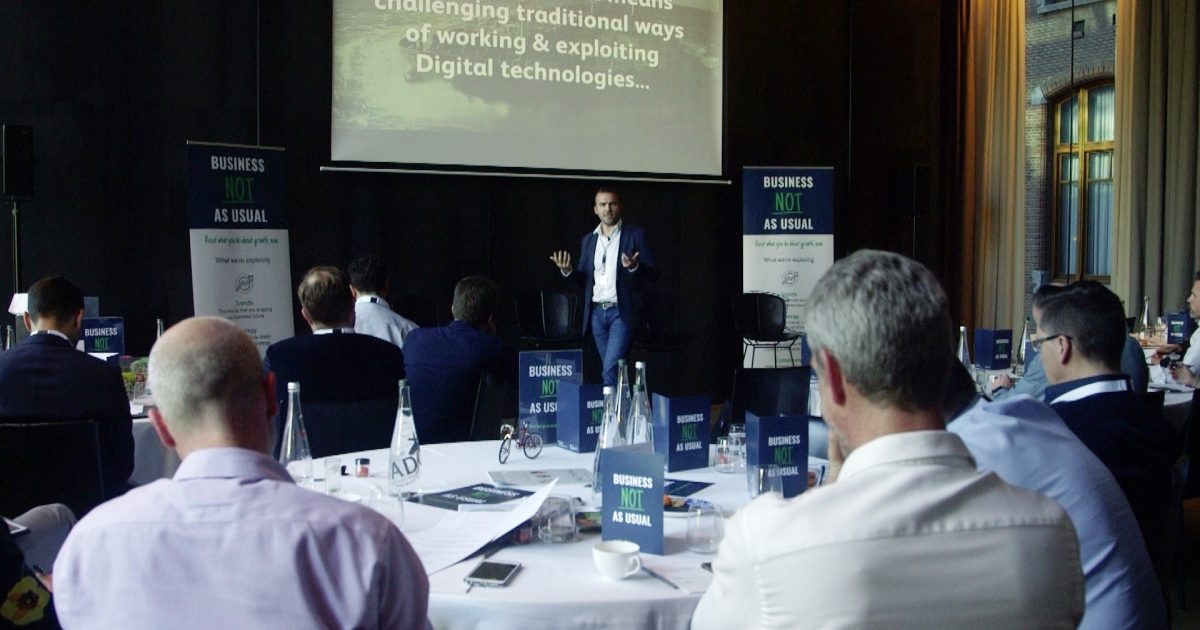
A simple recipe to evolve your organisation for growth

.png?width=657&height=57&name=OXFORD%20LOGO%20(1).png)
No Comments Yet
Let us know what you think